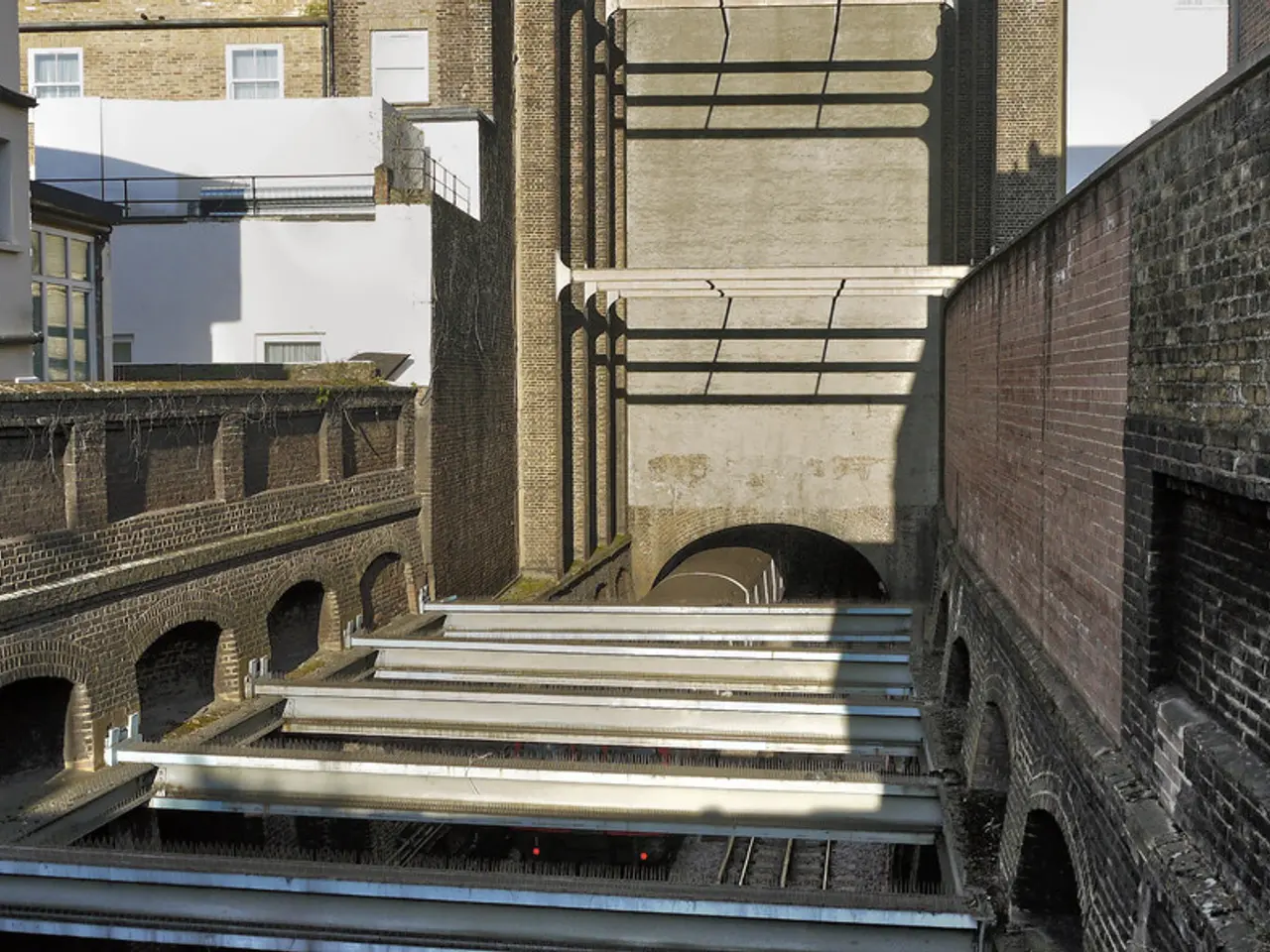Expenses incurred for border control amount to EUR 80.5 million
Germany has announced an extension of its internal border controls at land borders, with measures now approved through at least March 2026. This decision comes as part of ongoing efforts to curb illegal migration and address national security concerns, pending the full operational status of the EU’s external border system.
Under Interior Minister Alexander Dobrindt, Germany has enforced enhanced border controls since late 2023. These checks include ID verifications and refusals of entry to asylum seekers without valid documentation. The controls are deeply restricting free movement within the Schengen Area.
While Schengen rules generally forbid internal border checks, temporary measures are permitted under security threats. Germany is invoking these provisions alongside similar moves by neighbouring countries like Poland. The government is simultaneously reforming asylum laws by expanding lists of “safe countries” to reduce asylum approvals and speeding deportations to Afghanistan and Syria, despite human rights criticisms.
The extended border controls have resulted in the pushback of most asylum seekers at the border. In 2025, Germany deported dozens of Afghan asylum seekers despite warnings about Afghanistan’s dangerous security situation by Amnesty International.
Chancellor Friedrich Merz’s conservative government is driving the crackdown, citing public safety and a need to stem far-right political gains, particularly the rise of the AfD party. The policy has sparked widespread debate, with human rights groups criticizing the pushbacks as contrary to EU asylum law and raising concerns over the designation of safe countries by executive decree.
The costs of maintaining these border controls involve increased personnel and technological resources. While specific costs are less frequently disclosed, the deployment of the Federal Police at the internal borders ranged between 24 and 29.1 million euros per quarter. The largest item of expenditure is "overtime pay", which amounted to an additional 37.9 million euros during the same period.
Critics of the measures, such as Clara Bünger, the interior expert of the Left faction, describe the federal government’s approach as "illegal border closure policy". Alexander Hoffmann, CSU parliamentary group leader, defends the effort for the controls and thanks the federal police for their deployment. He states that the CSU will continue these border controls and repatriations at the borders until the European asylum system and external border protection function.
However, critics like Bünger call for an immediate end to border controls, arguing that they make it more difficult for asylum seekers to flee, cause traffic chaos in border regions, burden border commuters, and incur enormous costs. Hoffmann, on the other hand, criticizes the critics, stating that they do not want a migration turnaround "and consciously ignore the majority will of the population".
In summary, Germany’s extended border controls are officially justified by security threats and migration management objectives but face legal, humanitarian, and political challenges domestically and from rights organizations. The controls include asylum seeker pushbacks and deportations combined with tightened migration rules, and their persistence reflects broader EU tensions over Schengen principles and migration policy.
Read also:
- Stone mining has transformed the once renowned 'Sada Pathor' into a desolate, post-apocalyptic landscape.
- In the Heart of Soho, Manhattan, a New Brewery Emerges Underground
- Financial regulatory body OCC imposes Anti-Money Laundering (AML) disciplinary action against Wells Fargo.
- Revised Tax Policy for Motor Vehicles Pushed for Greater Eco-friendliness, Suggested by Court Auditors







